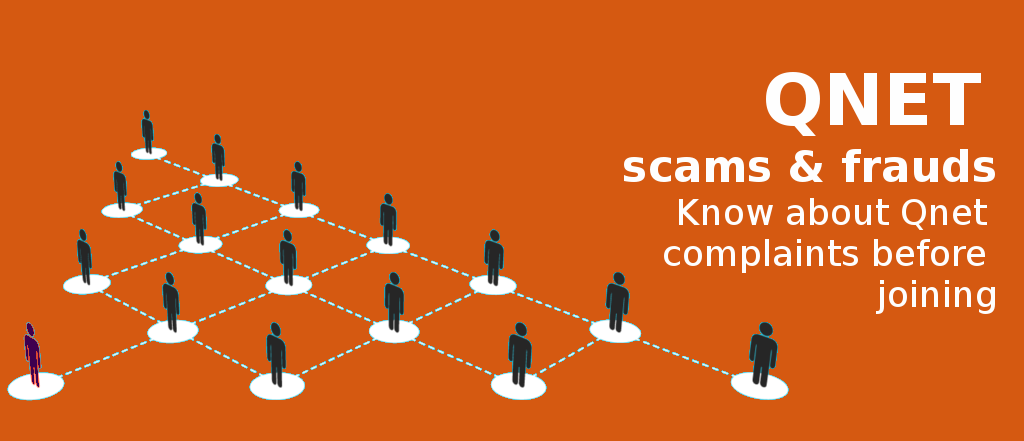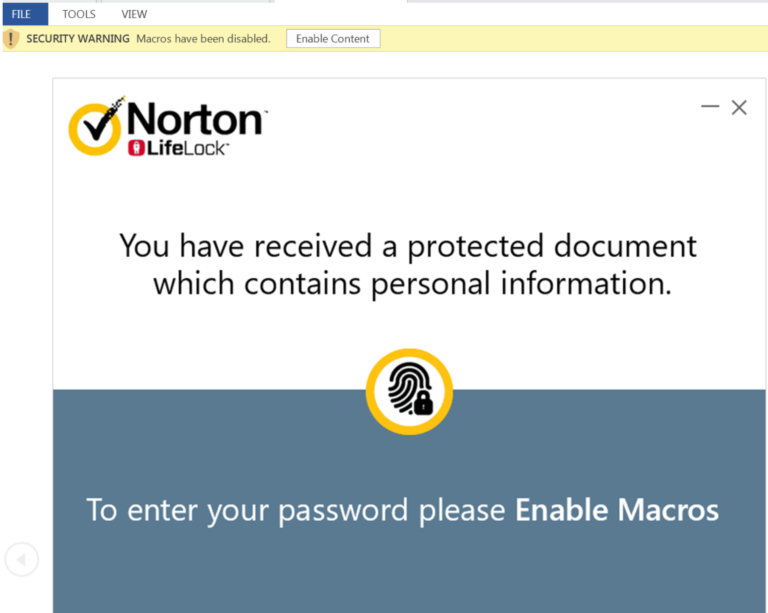QNet Scam: QNet Scam News

QNET, a multi-level marketing (MLM) company based in Asia, has faced controversy and allegations of fraudulent practices over the years. While QNET markets a wide range of products, including wellness and lifestyle items, the company has often been accused of operating pyramid schemes and misleading its associates and customers. In this blog post, we will delve into the world of QNET scams: what they entail, how they work, and, most importantly, how to recognize and protect yourself from these potentially deceptive schemes.
Understanding QNET Scams
QNET scams typically involve allegations of operating pyramid schemes, deceptive marketing, and the exploitation of individuals who join the network as associates. The company often relies on recruitment-based compensation structures, where associates are encouraged to recruit others to join the network, with promises of financial success.
The Anatomy of QNET Scams
QNET scams often follow a common pattern, typically unfolding as follows:
- Recruitment Emphasis: Associates are often pressured to recruit new members into the network, with the promise of lucrative commissions and bonuses for successful recruitment.
- Investment Requirements: Associates are required to make an initial investment in products or packages to join the network, with the expectation of earning profits through recruitment and sales.
- Misleading Claims: QNET associates may make extravagant claims about the potential income and benefits of joining, often exaggerating the financial success achievable through the MLM network.
- Pyramid Structure: Critics argue that QNET’s compensation plan closely resembles a pyramid scheme, with most of the financial rewards flowing to those at the top of the network.
- Difficulty in Earning: Many associates find it challenging to make substantial profits through product sales and recruitment, leading to financial losses for the majority of participants.
Recognizing the Red Flags
Spotting the warning signs of QNET scams is essential for protecting your finances and well-being. Here are common indicators to be aware of:
- High Recruitment Pressure: If a network marketing opportunity emphasizes recruitment over product sales and pressures you to recruit others, exercise caution.
- Promises of Easy Wealth: Be skeptical of claims that joining the MLM network will lead to quick and easy riches. MLM success typically requires hard work, persistence, and a significant sales effort.
- Large Upfront Investments: If you’re required to make a substantial upfront payment to join or maintain your membership, this is a red flag.
- Lack of Product Focus: If the primary focus is on recruitment, and the products themselves are not central to the business model, it’s a potential warning sign.
- Complex Compensation Plans: Beware of MLM compensation plans that are overly complex or difficult to understand. Transparency is crucial.
Protecting Yourself From QNET Scams
Defending against QNET scams requires vigilance and informed decision-making:
- Research Thoroughly: Before joining any MLM network, research the company, its compensation plan, and the experiences of current and former associates.
- Understand the Costs: Clarify all costs associated with joining and participating in the MLM network, including upfront fees, product purchases, and ongoing expenses.
- Avoid High-Pressure Tactics: Don’t succumb to high-pressure recruitment tactics. Take your time to assess the opportunity and consult with trusted advisors.
- Seek Legal and Financial Advice: Consult with legal and financial professionals to understand the risks and potential benefits of joining an MLM network.
- Educate Yourself: Understand the key differences between legitimate MLM businesses and pyramid schemes.
- Report Suspected Scams: If you encounter deceptive practices or suspect a pyramid scheme, report it to your local authorities and consumer protection agencies.
Conclusion
QNET scams are often associated with allegations of operating pyramid schemes and misleading marketing practices. By staying informed, practicing caution, and recognizing the red flags associated with these scams, you can protect your financial assets and well-being from falling victim to deceptive MLM networks. Remember that genuine MLM opportunities focus on product sales, not just recruitment, and earning substantial income typically requires significant effort and dedication.






